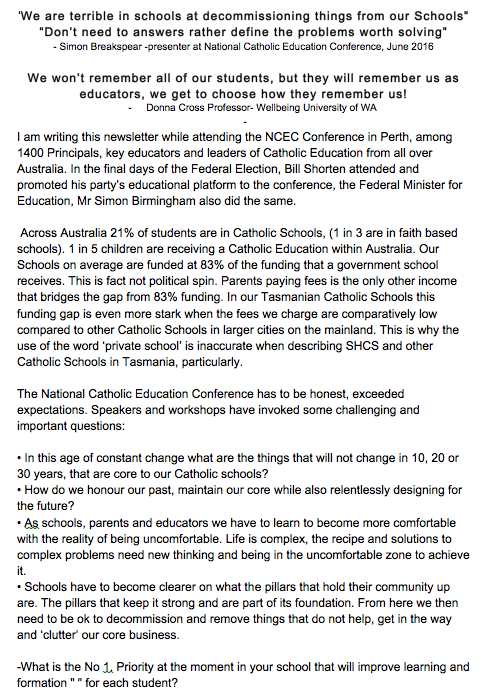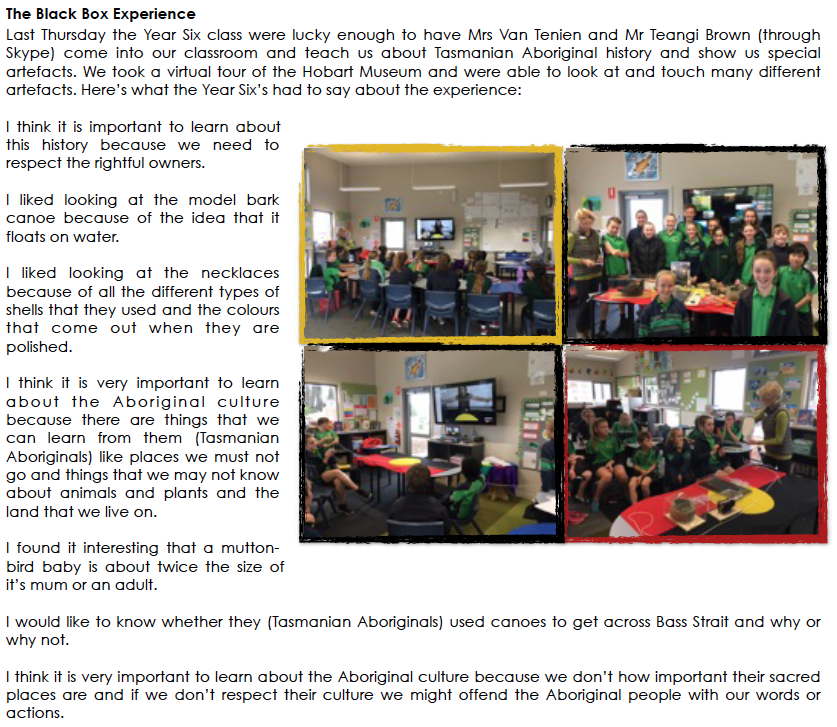Stay in the same house, taking what food and
drink they have to offer, for the labourer deserves his wages; do not move from
house to house. Whenever you go into a town where they make you welcome, eat
what is set before you. Cure those in it who are sick, and say,
“The
kingdom of God is very near to you.”
Luke 10:7 - 9
The days when no one locked the back door,
or front door for that matter and left their keys in the car, are well and
truly gone. Having visitors turn up at any time was somewhat serendipitous, but
providing drink and something to eat was essential. Not offering hospitality
was considered ill- mannered and poor form. It still exists in some places, but
turning up unannounced in the 21st century is generally met with
surprise and occasionally indignation – because our favourite programs are on
the box, because we all have routines that we must keep to.
It is less surprising that when Luke is
looking for images of the Kingdom of God, that he uses hospitality in the form
of banquets, meals, invitations and welcomings. Indeed when those who preach
the Gospel are welcomed into a new community, Jesus assures them that the
kingdom is close at hand.
This is a real challenge to us in our busy
lives – making ourselves available not only to friends and relatives, but
remarkably to our own families – let alone to perfect strangers. We’ve all
overheard or even used excuses for not visiting or to avoid having visitors as
if opening our homes and offering hospitality is an invasion of privacy not an
invitation to intimacy and deeper relationships.
Our words hospital, hospice, host and
hospitality are derived from the Latin hospes
meaning both host and guest or stranger. This gives us an idea of what
hospitality is, how it is an act of reciprocity – we are givers of hospitality
and recipients of hospitality.
Luke is keenly aware that fellowship at
the table, the sharing of meals is a particular moment of grace. It is in the
making of companions (companion means one who breaks bread with another) that
grows out of eating together, sharing stories, dreams and visions that unveils
hospitality’s deeper purpose: remembering and reliving. It is something we do
each day around the family table, ordering our responses according a rubric that
scaffolds our love and friendship in our stories which draw concern, approval
and advice, and we in turn listen and give of ourselves in return. This is
holy, sacred time. It is here just as in our churches that God is truly
present, he is indeed near.
Bringing our friends and perfect strangers
to our table, into our homes, to begin new memories and to link with ever
deeper common stories is the very reason we must break out of the chains of our
21st century culture and be nothing less than hospitable.
Peter Douglas
HEAD OF SCHOOL SERVICES, NORTH
NCEC Conference
NCEC Conference
I believe a good time was had by all. The venue, speakers, food, dinner and music (including dancing) were incredible. Here is Matt Jones' reporting:

The moral conundrum of
casting a vote on 2 July
Frank Brennan in Eureka Street
According to the latest Newspoll, 15 per
cent of voters are planning to vote for the minor parties or for an independent
candidate. Support for the Greens is running at ten per cent. The leaders of
the major parties are worried.
Raised hands with hearts on palms Malcolm
Turnbull is warning, 'A vote for the Greens, independents, risks the chaos and
instability that we saw in the years of the Julia Gillard government. The only
way to be sure that there will be a stable federal government commitment to a
national economic plan that will deliver stronger economic growth and more and
better jobs is to vote for the Coalition.'
The changes to the Senate voting system
made just before the election and the double dissolution of the Parliament have
been aimed at reducing the political influence of independents and the minor
parties. Understandably, the government is arguing that the difficult economic
times ahead will require government to make and implement difficult decisions,
and this in turn will require the Senate not to be dysfunctional or unduly obstructionist.
But our government ministers are not just
economic managers, and our parliament does not concern itself only with
taxation and economic development.
Sadly, the major political parties have
forfeited any claim to govern in their own right because they have caused such
disillusionment among so many voters about other policy issues with strong
moral overtones. Justifiably many voters think they could not trust the
Coalition or the Labor Party to implement a fair and coherent asylum and
refugee policy or to address the challenge of climate change with the required
urgency.
Any voter impressed with Pope Francis'
encyclical Laudato Si' or inspired by his visits to asylum seekers on the
islands of Lampedusa and Lesbos could not blithely vote for either of the major
parties, without first determining how to place some continuing political and
moral pressure on them.
Consider the voter of good conscience who
is committed to equity, jobs and growth for all Australians, but who is also
concerned about the situation of the asylum seekers and proven refugees being
held on Nauru and Manus Island.
Neither the Labor Party nor the Coalition
during this election campaign is prepared to suggest any realistic solution.
They are not prepared to welcome, accept or even discuss New Zealand's offer to
take up to 150 refugees a year from these places. The major parties have made a
judgment about the majority of voters. They think most voters are so
indifferent to these voiceless and faceless victims of Australia's tough border
protection policy that it is best to offer no solution whatever to their
plight.
The voter of good conscience could decide
that no party deserves to govern in their own right if they are not prepared to
offer any solution to this problem which Australia created and which remains in
part our responsibility. Malcolm Turnbull says we can't afford to be misty-eyed
about these people being held on Nauru and Manus Island. Being misty eyed can
be a problem for the clear sighted, but it's better than being willfully blind
as both Turnbull and Bill Shorten are being on this issue.
The Australian Catholic Bishops have urged
voters to consider 'a vote for the voiceless'. They say they have issued their
very modest election manifesto 'not in order to push an ideological line or
simply to defend the Church's interests but to give a voice to the voiceless
and make their faces seen'. The first of the voiceless and faceless groups
commended for our attention by the bishops are 'refugees and asylum seekers who
are often seen as a problem to be solved rather than as human beings in need of
our help'.
Returning to work after his five-month
absence due to illness, Archbishop Anthony Fisher was interviewed by Tess
Livingstone, Cardinal Pell's erstwhile biographer. She reported in The
Australian that Fisher 'was uncomfortable with aspects of the major parties'
asylum seeker policies, especially offshore detention'. He did not endorse the
approach of any particular party or politician. He did take 'aim at the Greens'
support for the removal of religious "exemptions" to
anti-discrimination laws'.
But Fisher did not go anywhere near as far
as his predecessor Pell who urged voters in 2010 'to examine the policies of
the Greens on their website and judge for themselves how thoroughly
anti-Christian they are'. Some of the Greens' policies are far more Christian
than those of the major parties. But then again, they can afford to be, because
they are not seeking to form government in our increasingly secular pluralist
democracy.
A voter wanting one of the major parties
to form government while being mistrustful of their capacity to make a moral
decision about the plight of asylum seekers would be very sensible to cast a
vote in such a way as to ensure that the new government does not govern in its
own right by being assured automatic passage of all its legislation through
both houses of parliament once the legislation has been approved by the party
room. The party rooms of the major parties are now prejudiced closed chambers
when it comes to the interests of the voiceless.
Exposing legislation to open scrutiny in a
parliament not controlled by the government and requiring the government to
barter economic gains for the moral entitlements of the voiceless will be the
only way to obtain morally sound laws and policies. Parliamentary pressure
needs to be placed on any new government wanting to provide equity, jobs and
growth, so that it will also do more to resolve the plight of asylum seekers
and to be more attentive to the urgent requirements of the environment subject
to the depredations of climate change.
None of the parties likely to form
government after the election has an asylum policy which is acceptable. I urge
people of goodwill when casting their vote to consider the desirability of a
parliament which is not readily controlled by the government of the day, and
which therefore might make the new government enact a more humane policy. I
encourage people to cast a vote for a member or senators (whether members of
the major parties or not) who have a commitment to reviewing the existing
government policy, providing a more humane outcome both for those presently
being held on Nauru and Manus Island as well as for those waiting in the
Australian community without adequate work and welfare rights.
I would hope that we could all then start
the long term cooperative work needed to increase our humanitarian migration
quota and to develop a regional solution with neighbouring countries assisted
by the good offices of UNHCR, while accepting even with a heavy heart and
conscientious reservation that the boats will be stopped. We need to negotiate
the ethical dividend for stopping the boats. I am not opposed to equity, jobs
and growth for all Australians. But I think that is only part the story, and I
want my vote to count in relation to the whole story of Australia's place in
the world.
For starters, I want any new Australian
government to empty the camps on Nauru and Manus Island in a timely and
dignified manner. And I know a vote straight down the ticket for Turnbull or
Shorten won't do that.
Frank Brennan SJ is professor
of law at Australian Catholic University and adjunct professor at the
Australian Centre for Christianity and Culture. He was recently interviewed,
alongside Amanda Vanstone, on the question of whether 'Australia's asylum
seeker policy too harsh too soft or have we got it right', by the ABC's Emma
Alberici.
Upcoming Meetings:
BELOW THIS WEEK'S 'AROUND THE SCHOOLS' YOU WILL FIND LAST WEEK'S 'AROUND THE SCHOOLS'.
From Sacred Heart - Ulverstone:
From Stella Maris - Burnie:
From St Peter Chanel - Wynyard:
From St Joseph's - Queenstown:
From St Brigid's - Wynyard:
From Sacred Heart - Launceston:
From St Patrick's College - Prospect:
From Larmenier - St Leonards:
From St Finn Barr's - Invermay:
From Marist Regional College - Burnie:
From Star of the Sea - George Town:
From St Patrick's - Latrobe:
From St Anthony's - Riverside:
From St Thomas More's - Newstead:
From Our Lady of Mercy - Deloraine:
From St Brendan Shaw College - Devonport:
From St Thomas More's:
From Star of the Sea College:
From St Patrick's, Latrobe:

Add caption


























































No comments:
Post a Comment